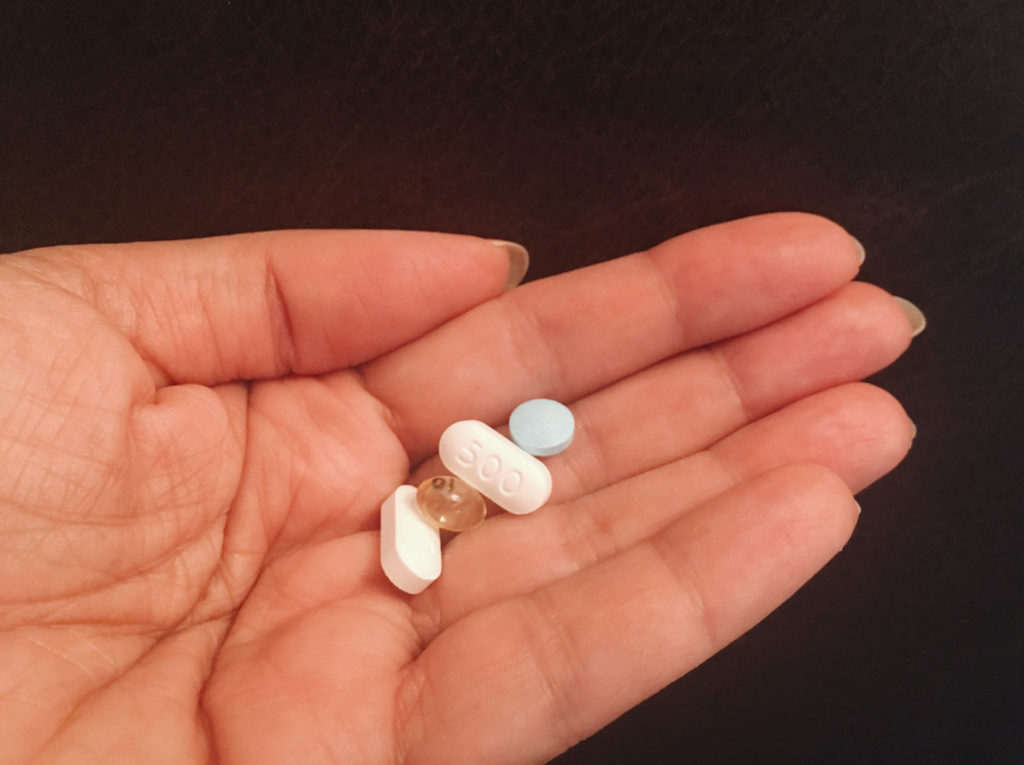Vitamins should not be used as a substitute for eating a healthy diet, but only as supplementation.
Americans spend over 6 billion dollars annually on vitamins. A marketing firm specializing in natural products took a poll in 1998 that showed 71% of Americans take at least one form of vitamin or mineral supplement.
Some dieticians don’t like the idea of taking pills to replace a healthy diet. Vitamins should not be used as a substitute for eating a healthy diet, but only as supplementation. Experts don’t recommend vitamins in pill form despite the beneficial effects. They fear that people will use them to replace healthy eating habits.

The types of claims that can be made differ. Drug manufacturers may claim that their product will diagnose, cure, mitigate, treat, or prevent a disease. Such claims may not legally be made for dietary supplements. (Even though in reality, they perform very effectively.)
Most Americans don’t eat balanced diets. According to a national survey, over half of all Americans don’t drink a glass of juice, eat one serving of vegetables, or eat a piece of fruit daily. Only 40% eat 3 to 5 servings of vegetables daily, the recommended amount. Only 20% eat the recommend 2 to 4 servings of fruit each day. For those not eating and getting the nutrition they need, supplementation is better than nothing.
According to the Dietary Supplement Health and Education Act, dietary supplements are products (other than tobacco) that:
- are intended to supplement the diet
- contains one or more dietary ingredients (including vitamins; minerals; herbs or other botanicals; amino acids; and other substances) or their constituents
- is intended to be taken by mouth as a pill, capsule, tablet, or liquid
- is labeled on the front panel as being a dietary supplement
In addition to regulating label claims, FDA regulates in other ways. Ingredients sold in the United States before October 15, 1994, are not required to be reviewed by FDA for their safety before they are marketed because they are presumed to be safe based on their history of use by humans.
Whether or not a product is classified as dietary, conventional food or drug is based on its intended use. Most often, classification is determined by the information that the manufacturer provides on the product label or in accompanying literature.
The types of claims that can be made differ. Drug manufacturers may claim that their product will diagnose, cure, mitigate, treat, or prevent a disease. Such claims may not legally be made for dietary supplements. (Even though in reality, they perform very effectively.) The label of a dietary supplement or food product may contain one of three types of claims:
- health claim
- nutrient content claim
- structure/function claim
How Does FDA Regulate Dietary Supplements?
In addition to regulating label claims, FDA regulates in other ways. Ingredients sold in the United States before October 15, 1994, are not required to be reviewed by FDA for their safety before they are marketed because they are presumed to be safe based on their history of use by humans. For a new dietary ingredient (one not sold as a dietary supplement before 1994) the manufacturer must notify FDA of its intent to market a dietary supplement containing the new dietary ingredient and provide information on how it determined that reasonable evidence exists for safe human use of the product. The FDA can either refuse to allow new ingredients into or remove existing ingredients from the marketplace for safety reasons.
The label of the supplement may contain a cautionary statement but the lack of a cautionary statement does not mean that no adverse effects are associated with the product.

Manufacturers do not have to provide FDA with evidence that dietary supplements are effective or safe; however, they are not permitted to market unsafe or ineffective products.
Once a dietary supplement is marketed, FDA has to prove that the product is not safe in order to restrict its use or remove it from the market. In contrast, before being allowed to market a drug product, manufacturers must obtain FDA approval by providing convincing evidence that it is both safe and effective.
The label of a dietary supplement product is required to be truthful and not misleading. If the label does not meet this requirement, FDA may remove the product from the marketplace or take other appropriate actions.
What Information Is Required On A Dietary Supplement Label?
The FDA requires that certain information appear on the dietary supplement label:
General information
- Name of product (including the word “supplement” or a statement that the product is a supplement)
- Net quantity of contents
- Name and place of business of manufacturer, packer, or distributor
- Directions for use
So be very aware of what you buy from supplement companies that provide a mixture of vitamins and minerals claiming to cure all ailments.
© Copyright – Hector Sectzer

















